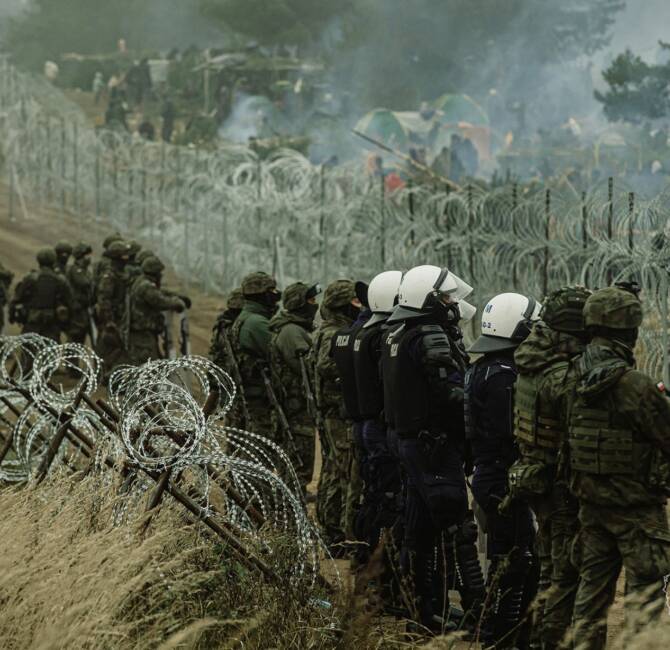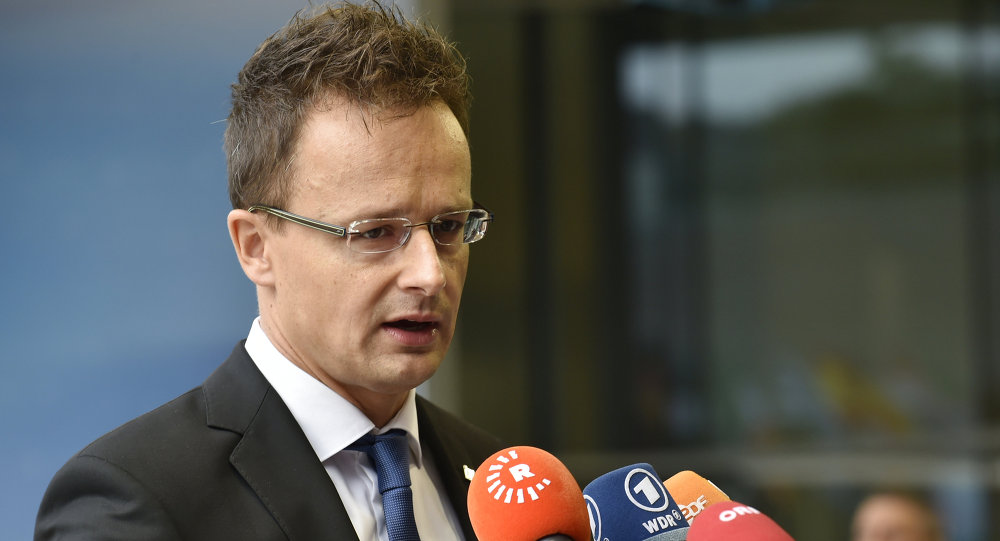Moldova / Bulgaria – Two presidential elections took place recently: Bulgaria and Moldova elected new presidents. Both of them were Russia friendly candidates.
Moldova turns her back on the European Union
Moldova is stuck in a political crisis for a year and a half. Pro-Russian milieu and pro-EU leaders have fought for months over several corruption scandals. The biggest scandal happened in 2014: $1 billion disappeared from three Moldovan banks. The fraud has been made by a Moldovan-Israeli businessman together with the former Prime Minister of Moldova, Vlad Filat, leader of the Liberal Democratic Party of Moldova (Partidul Liberal Democrat din Moldova) which is a pro-European Union party.
It is the first time since 1997 that the President, who designates the Prime Minister candidate (which has to be accepted by the Parliament), has been elected at the universal suffrage. The president in Moldova is more than just a figurehead: he or she can return laws to parliament and dissolve the assembly in certain situations.
Moldova’s new president is Igor Dodon, member of the communist party until 2011, and member of the socialist party since then. He has been Deputy Prime Minister in 2008-2009, and Minister of Economy from 2006 to 2009, in a socialist government. He is openly a pro-Russian politician and already called for deeper ties and a boosting trade with Russia. His distrust toward the European Union and pro-Russian policy gained him especially the support of many elderly people. Dodon’s campaign has been focused “against the oligarchs, against those who have robbed our country and want to destroy it”, pointing out the pro-EU corrupt oligarchs.
Current Prime Minister Pavel Filip, member of the social-democratic party PDM (Democratic Party of Moldova, Partidul Democrat din Moldova) stressed that both pro-Eu and pro-Russian forces will have to cooperate together. “This includes key reforms needed for the country’s modernization and continued EU path, which cannot be reversed,” he said in emailed comments after polls closed.
But Dodon’s party wants to scrap that agreement in favor of the Russian project of Eurasian economic union, a policy quiet popular in Moldova. According to Reuters, just 30.9 percent of Moldovans would currently support joining as a full membership of the European Union, while 44 percent are in favor of joining the Eurasian Customs Union, a survey by Moldova’s Institute for Public Policy showed in October.
Bulgaria elected an Russia-friendly anti-system general
On Sunday, November 13, the second round of the Bulgarian presidential election took part. Rumen Radev, an independent candidate supported by the socialist party – although he is not a socialist, but rather an anti-system candidate – , won by far with 59% of the votes. Mr Radev, 53, is a former air force general who spent 27 years in the army, and is novice in politics.
Rumen Radev led a campaign partly focused against the EU’s resettlement policy of migrants. Current PM Borissov ruled for 10 years – he shall quit this week – during which corruption remained deeply entrenched in society, as well as of concerns among voters over the migrant crisis and the situation in neighboring Turkey. Also, sanctions against Russia are unpopular in the EU’s poorest country and Mr Radev expressed a positive opinion about Russian partnership, and even supported the idea of the “Russian Crimea”.
But Mr Radev does not want to exit the EU nor the NATO. He wants the EU to drop its sanctions on Russia and seeks closer ties with Moscow to help Bulgaria’s struggling economy, but he still aims to be a loyal partner in the EU and NATO. “Until recently, I flew a Soviet jet fighter. I graduated from a US academy. But I am a Bulgarian general. My cause is Bulgaria,” he said.




